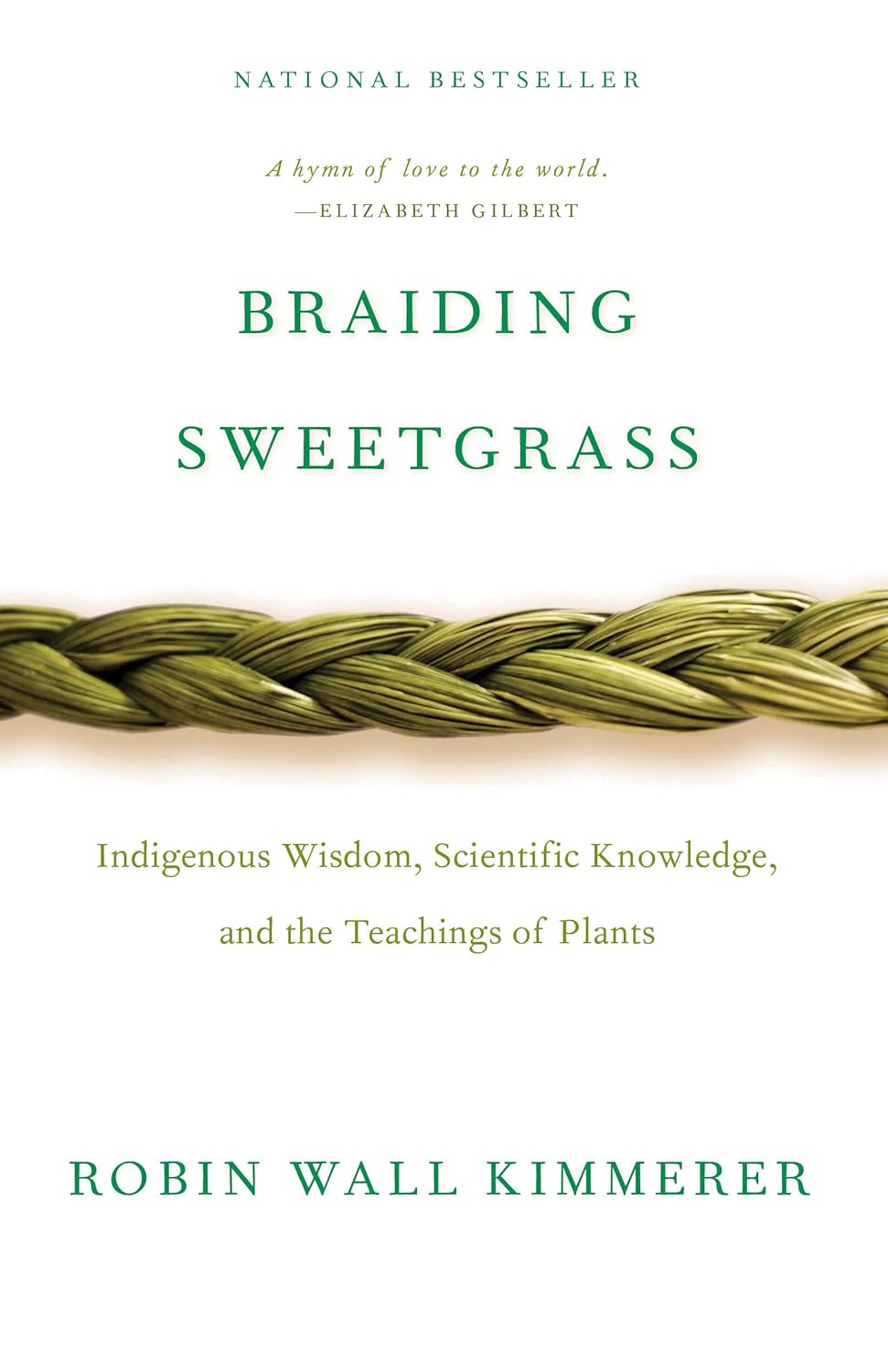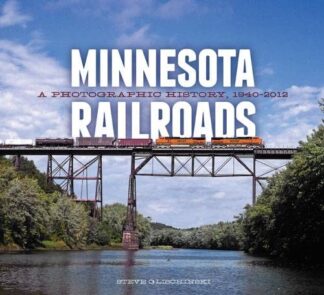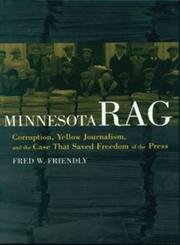Description
A??New York Times??Bestseller
A??Washington Post??Bestseller
Named a “Best Essay Collection of the Decade” by Literary Hub
As a botanist, Robin Wall Kimmerer has been trained to ask questions of nature with the tools of science. As a member of the Citizen Potawatomi Nation, she embraces the notion that plants and animals are our oldest teachers. In??Braiding Sweetgrass, Kimmerer brings these two lenses of knowledge together to take us on ???a journey that is every bit as mythic as it is scientific, as sacred as it is historical, as clever as it is wise??? (Elizabeth Gilbert).
Drawing on her life as an indigenous scientist, and as a woman, Kimmerer shows how other living beings???asters and goldenrod, strawberries and squash, salamanders, algae, and sweetgrass???offer us gifts and lessons, even if we’ve forgotten how to hear their voices. In reflections that range from the creation of Turtle Island to the forces that threaten its flourishing today, she circles toward a central argument: that the awakening of ecological consciousness requires the acknowledgment and celebration of our reciprocal relationship with the rest of the living world. For only when we can hear the languages of other beings will we be capable of understanding the generosity of the earth, and learn to give our own gifts in return.
Review
Praise for??Braiding Sweetgrass
???Robin Wall Kimmerer is writer of rare grace. She writes about the natural world from a place of such abundant passion that one can never quite see the world the same way after having seen it through Kimmerer???s eyes. In??Braiding Sweetgrass, she takes us on a journey that is every bit as mythic as it is scientific, as sacred as it is historical, as clever as it is wise. She is a great teacher, and her words are a hymn of love to the world.??????Elizabeth Gilbert
???Robin Wall Kimmerer has written an extraordinary book, showing how the factual, objective approach of science can be enriched by the ancient knowledge of the indigenous people. It is the way she captures beauty that I love the most???the images of giant cedars and wild strawberries, a forest in the rain and a meadow of fragrant sweetgrass will stay with you long after you read the last page.??????Jane Goodall
“I give daily thanks for Robin Wall Kimmerer for being a font of endless knowledge, both mental and spiritual.”?????Richard Powers,??New York Times
???Robin Wall Kimmerer opens a sense of wonder and humility for the intelligence in all kinds of life we are used to naming and imagining as inanimate.??????Krista Tippett, host of??On Being
“In a world where only six percent of mammalian biomass on the planet now comprises of wild animals, I longed for books that pressed me up against the inhuman, that connected me to an inhuman world.??Braiding Sweetgrass??by Robin Wall Kimmerer moved me to actual tears.”?????Alexandra Kleeman, The Millions
“In??Braiding Sweetgrass, botanist Robin Wall Kimmerer tackles everything from sustainable agriculture to pond scum as a reflection of her Potawatomi heritage, which carries a stewardship ‘which could not be taken by history: the knowing that we belonged to the land.’ . . . It’s a book absorbed with the unfolding of the world to observant eyes???that sense of discovery that draws us in.”?????NPR
“Professor and botanist Robin Wall Kimmerer knows that the answer to all forms of ecological unbalance have long been hidden in plain sight, told in the language of plants and animals, minerals and elements. She draws on her own heritage . . . pairing science with Indigenous principles and storytelling to advocate for a renewed connection between human beings and nature.”?????Outside
“Kimmerer eloquently makes the case that by observing and celebrating our reciprocal relationship with the natural world, one can gain greater ecological consciousness.”?????Sierra Magazine
???With deep compassion and graceful prose, Robin Wall Kimmerer encourages readers to consider the ways that our lives and language weave through the natural world. A mesmerizing storyteller, she shares legends from her Potawatomi ancestors to illustrate the culture of gratitude in which we all should live.??????Publishers Weekly
???The gift of Robin Wall Kimmerer???s book is that she provides readers the ability to see a very common world in uncommon ways, or, rather, in ways that have been commonly held but have recently been largely discarded. She puts forth the notion that we ought to be interacting in such a way that the land should be thankful for the people.??????Minneapolis Star Tribune
???Braiding Sweetgrass??is instructive poetry. Robin Wall Kimmerer has put the spiritual relationship that Chief Seattle called the ???web of life??? into writing. Industrial societies lack the understanding of the interrelationships that bind all living things???this book fills that void. I encourage one and all to read these instructions.??????Oren Lyons, Faithkeeper, Onondaga Nation and Indigenous Environmental Leader
About the Author
Product details
- Publisher ??? : ?????Milkweed Editions; First Edition (August 11, 2015)
- Language ??? : ?????English
- Paperback ??? : ?????408 pages
- ISBN-10 ??? : ?????1571313567
- ISBN-13 ??? : ?????978-1571313560
- Item Weight ??? : ?????3.53 ounces
- Dimensions ??? : ?????5.4 x 1 x 8.4 inches




Reviews
There are no reviews yet.